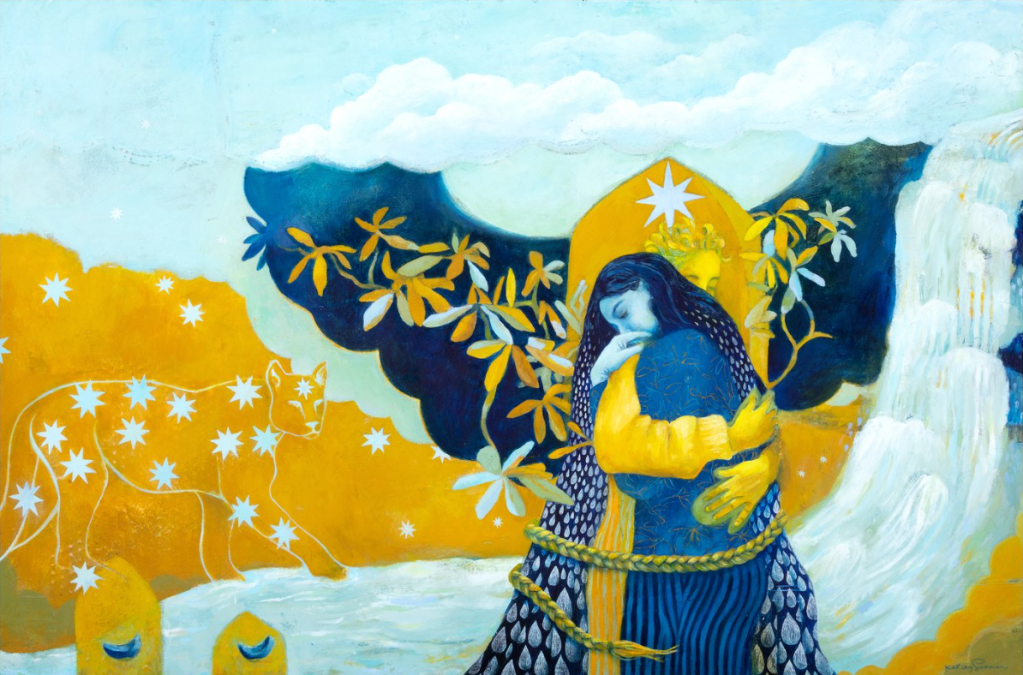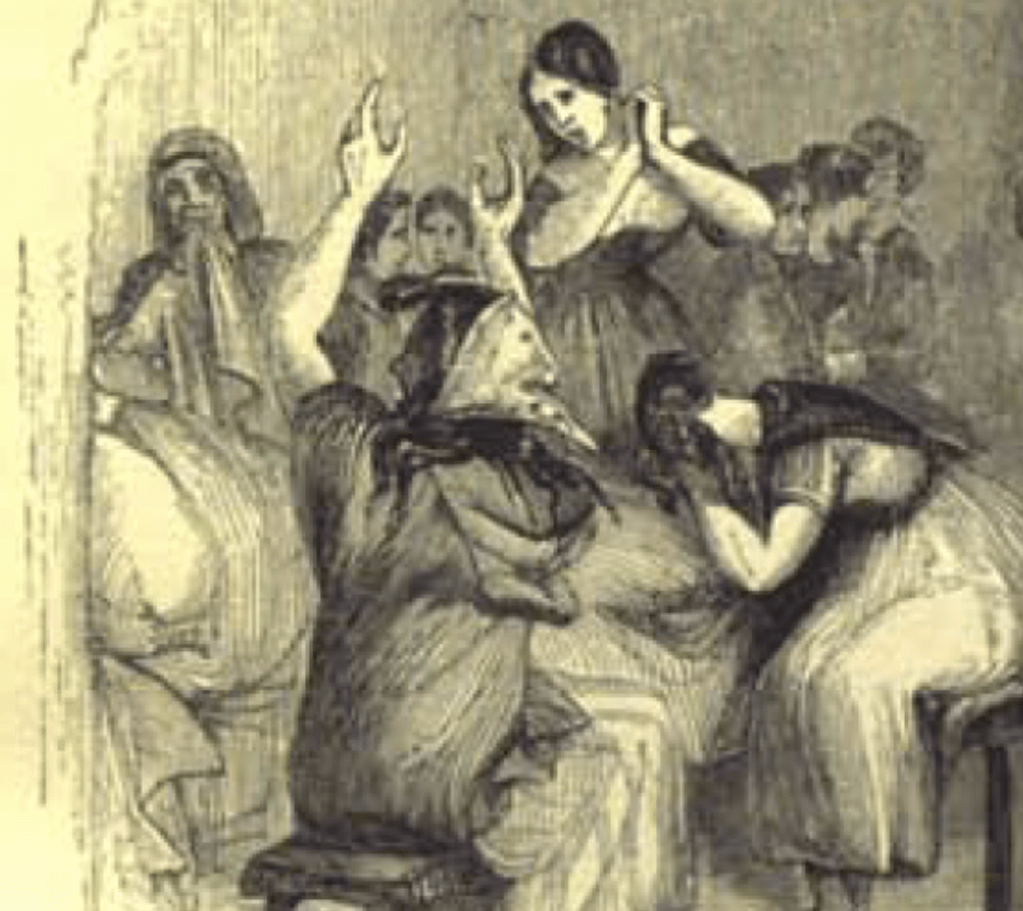
To echo the sentiment of my mentor Francis Weller, I too regard this work as deep soul activism, a form of activism that goes beyond traditional notions of social or political action. This ‘soul activism’ is rooted in the recognition that healing our personal and collective wounds is essential for creating a more compassionate, connected, and just world.
Grief is a natural response to loss, not only of loved ones but also of aspects of ourselves, our communities, and our world that are essential to our well-being. In modern Western society, there is often a tendency to avoid or suppress grief, leading to a disconnection from our emotions and a sense of isolation. By engaging in grief work in community, we not only support each other in our healing journeys but also contribute to the larger cultural shift so very needed to move us towards a more compassionate and sustainable way of being.
This form of activism is deeply spiritual and transformative, as it calls upon us to confront our deepest fears, sorrows, and vulnerabilities while also tapping into sources of resilience, compassion, and connection. In this way, grief work becomes a profound act of reclaiming and nurturing the soul’s essential qualities, leading to personal growth and collective healing.

Grief work is also inherently decolonizing, embodying a reclaiming of lost cultural and communal practices. In the wake of colonization, many communities and cultures have been severed from their traditional ways of grieving, leading to a disconnection from ancestral wisdom and communal support structures. In my own lineage, these include the Gaelic caoineadh (keening) practices of Ireland and Scotland, which were often banned during British colonial rule since they were seen as “pagan and uncivilized practices.” By engaging in grief-tending practices in community, we seek to restore these lost traditions, honoring diverse cultural approaches to mourning and healing.
The embodied nature of grief-tending work also aligns with decolonial efforts by centering the body as a site of healing and wisdom. Somatic practices integrated into grief work allow us to deeply connect with our bodies, acknowledging the physical manifestations of grief and trauma. This approach challenges the Western tendency to prioritize cognitive processing over embodied experiences, offering a more holistic and inclusive path to healing that resonates with indigenous and traditional knowledge systems.
Through an embodied engagement with grief, we not only honor our individual experiences but also recognize the interconnectedness of our bodies with the land, our ancestors, and each other.

May our collective grief cry serve as a catalyst for change and liberation, as we work towards dismantling oppressive systems and creating a world where all beings can thrive.